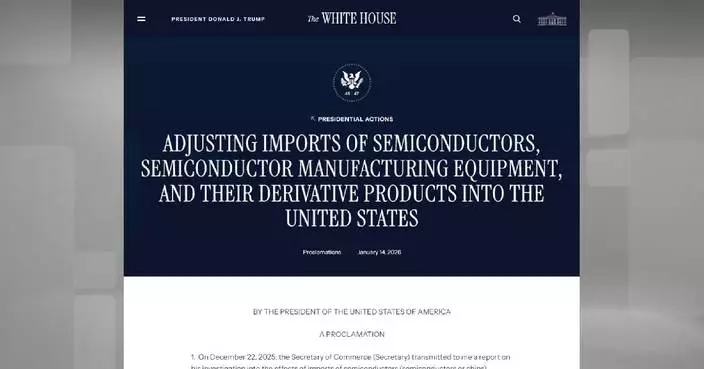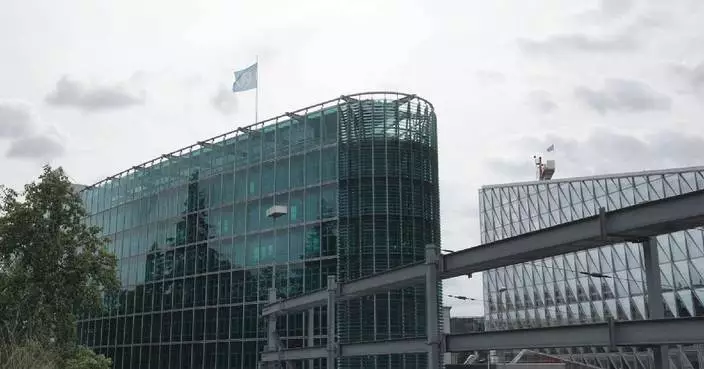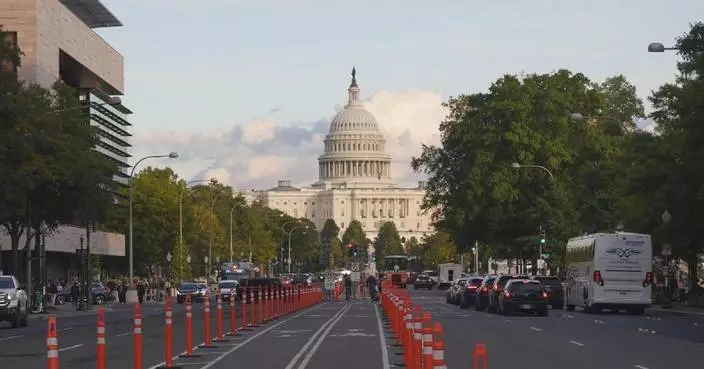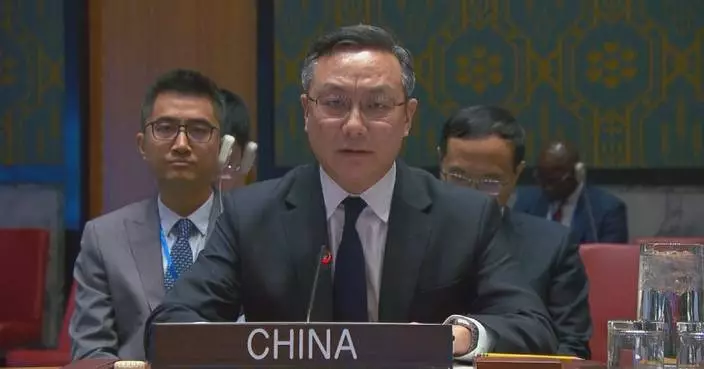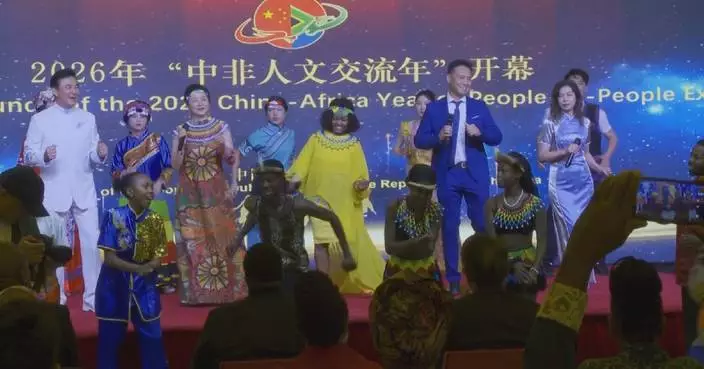The sound development momentum of China-Germany relations has always been a stabilizing factor in China-EU relations, said Chinese Foreign Minister Wang Yi in Munich, Germany on Friday.
Wang made the remarks during a meeting with German Federal Foreign Minister Annalena Baerbock on the sidelines of the Munich Security Conference.
Wang, also a member of the Political Bureau of the Communist Party of China Central Committee, stated that multipolarity is an inevitable trend in history.
In the face of rising protectionism, the resurgence of Cold War mentality, and rising unilateral and bullying practices, China is ready to work with Germany and other countries to enhance communication and coordination, build broad consensus, and present a unified voice in safeguarding international peace and stability, said Wang.
Wang expressed his belief that Germany will play an important role in advancing the process toward a multipolar world.
Noting that German will hold federal election, Wang said that China follows the principle of non-interference in other countries' internal affairs. China values the mutually beneficial cooperation with Germany and is willing to strengthen dialogue and cooperation with the new German government, with an aim to inject fresh momentum into the development of bilateral ties, he said.
Wang further noted that China is firmly committed to the path of green transition and sustainable development, and is willing to strengthen cooperation with Germany to jointly tackle global challenges such as climate change.
Baerbock said that Germany attaches great importance to exchanges and cooperation with China in various fields and is ready to foster more convergence of interests with China and make the two countries reliable partners to each other.
Germany adheres to the one-China principle and is willing to strengthen candid communication, deepen dialogue, and enhance cooperation with China, said Baerbock.
The two sides also exchanged their views on the Ukraine crisis and other issues.
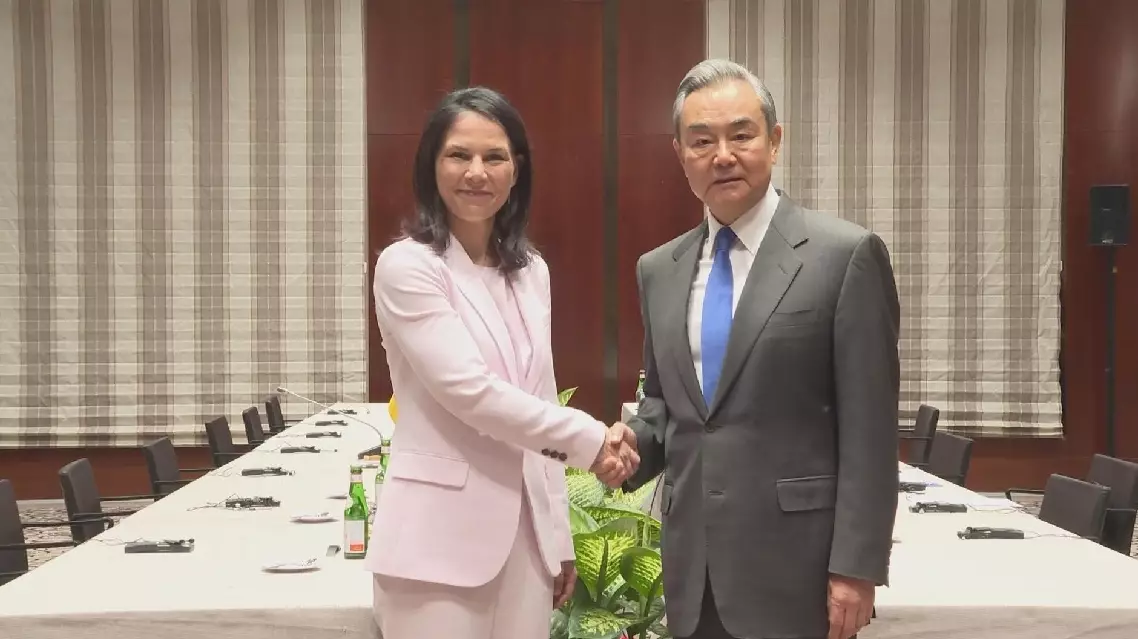
China-Germany relations help stabilize Sino-EU relations: Chinese FM
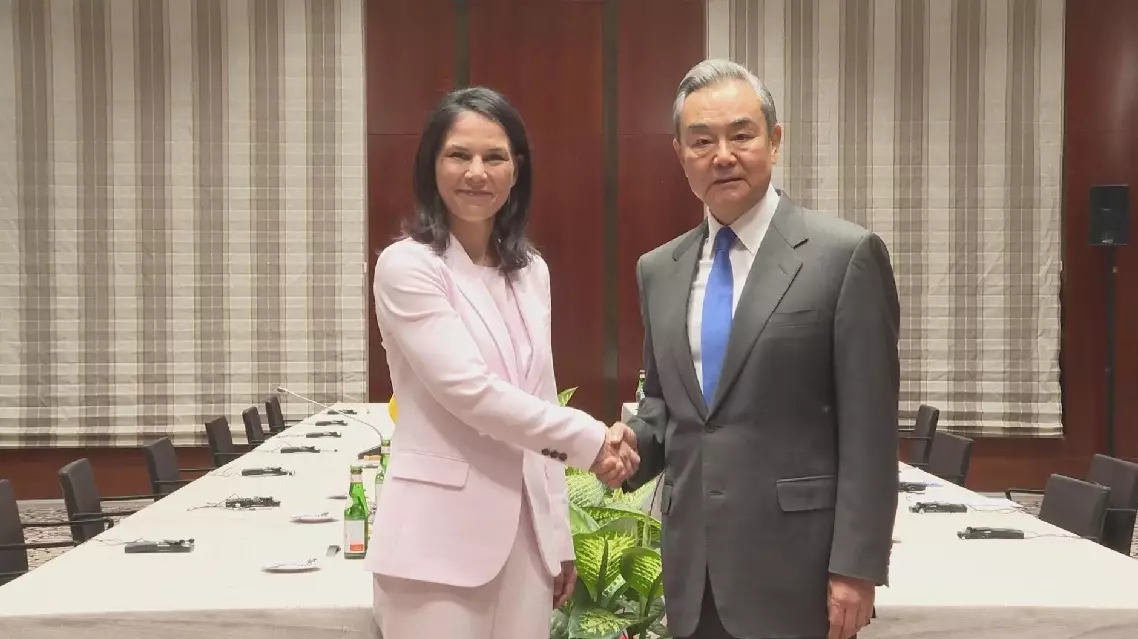
China-Germany relations help stabilize Sino-EU relations: Chinese FM
The European Union(EU)and France have reaffirmed their support for Denmark's sovereignty over Greenland as concerns are growing over security in the Arctic following the recent statements made by U.S. President Donald Trump regarding the strategically important island.
Speaking at a press conference in Brussels on Wednesday, European Commission President Ursula von der Leyen said that "Greenland belongs to its people, so it's up to Denmark and Greenland, and only to them, to decide on matters that are concerning Denmark and Greenland."
Noting that the EU is in contact with the Danish government, Von der Leyen stressed that security in the Arctic region is a key issue of concern to the EU.
Also on Wednesday, the European Parliament's political group leaders issued a statement, condemning the remarks made by the Trump administration regarding Greenland and terming them as a "blatant" challenge to international law and to the sovereignty of NATO member Denmark.
They urged the EU institutions to define "concrete and tangible" support for Denmark and Greenland, and stressed that decisions concerning Greenland belong to Denmark and Greenland alone.
"External attempts to alter the status quo are unacceptable," the leaders said.
In a related development, a group of 23 lawmakers sent a letter to European Parliament President Roberta Metsola on Wednesday, emphasizing that if the United States continues to threaten Denmark's autonomous territory, the European Parliament should suspend debates and votes on trade agreements with the United States.
Currently, the European Parliament is deliberating on removing most U.S. import tariffs and maintaining zero-tariff policies on U.S. lobster, with a vote scheduled for January 26 and 27.
Meanwhile, French government spokeswoman Maud Bregeon, citing President Emmanuel Macron, warned on Wednesday that any infringement on Danish sovereignty over Greenland would trigger "unprecedented" consequences.
"If the sovereignty of a European ally were affected, the cascading consequences would be unprecedented," said Bregeon.
"we are closely monitoring the situation and will stand firmly with Denmark to defend its sovereignty," the spokeswoman said.
On the same day, French Prime Minister Sebastien Lecornu noted the need for serious consideration of recent U.S. signals concerning Greenland.
Lecornu reaffirmed France's "full solidarity with Denmark and the legitimate authorities of Greenland," adding that safeguarding the sovereignty of other countries is an important foundation for safeguarding one's own sovereignty.
Furthermore, French Foreign Minister Jean-Noel Barrot announced on Wednesday that France will open a consulate in Greenland on February 6, calling the move a "political signal" over the strategic Danish territory.
The foreign minister said that the U.S. plan of buying Greenland is "absurd" and that this "blackmail" should stop.
He reiterated that France and Europe will continue to support Denmark.
Greenland, the world's largest island, is a self-governing territory within the Kingdom of Denmark, while Denmark retains authority over defense and foreign policy. The United States maintains a military base on the island.
Since his first term, Trump has repeatedly expressed a desire to acquire Greenland. Both Greenland and Denmark have made clear that the island is not for sale. The White House said last week that Trump will not rule out the use of force.
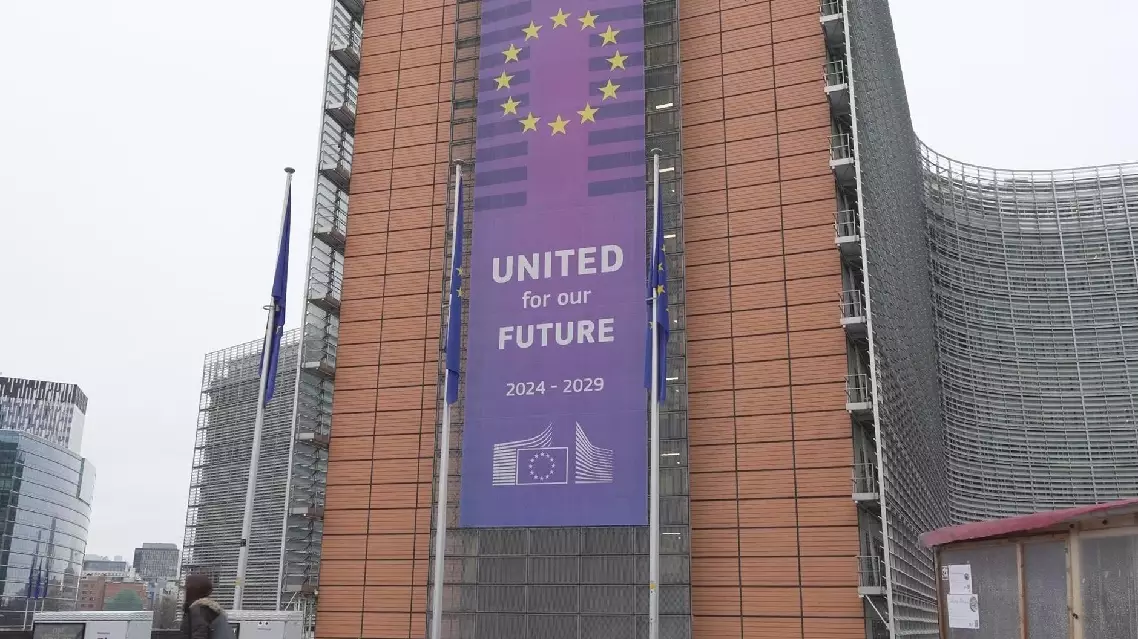
EU, France reaffirm support for Denmark's sovereignty over Greenland





